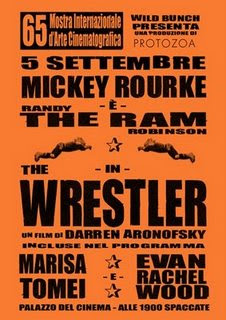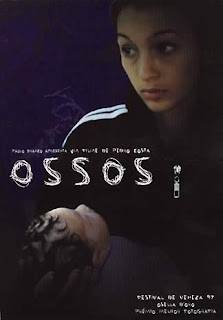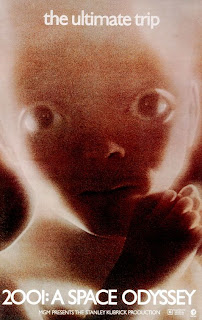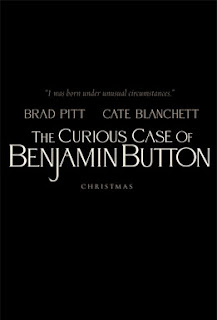DVD: Red Desert (Antonioni, 1964)
As visceral an experience as I could have hoped for, this film has lingered with me more than any of the other Antonioni films I’ve seen (I admit that I have some catching up to do, as I’ve so far limited myself to L’Eclisse, Blowup, and now Red Desert). I’m finding that most of the films that get lodged in my mind are films that are made up of good stretches of material that are spread out with segments that completely go off my radar. The opening 15 minutes and the gathering in the hut in the red room are separated in my memory by hazy recollections of Giuliana being pursued by Corrado. I can clearly remember scenes like the foggy disease scare, the ‘ill’ son, the story of the girl on the beach (perhaps my favorite scene in any Antonioni I’ve seen yet), the lovemaking scene, and the yellow finale, while what comes between them is completely missing. Like many of my favorite films, I get the sense that it was created intuitively, perhaps built simultaneously to its conception.
The acting in the film is strange, but I was taken in by the spastic and paranoid Monica Vitti much more than her wistful and languid role in L’Eclisse. Here she seems to be on the verge of a seizure for most of the time, and I got the sense that she was possessed by something that I couldn’t identify. It could be the ghostly ships, the factory fumes, or mother nature herself. Her character must have been some sort of inspiration for Todd Haynes’s Safe, featuring a role that left Julianne Moore comparably displaced by her environment and sickly. Vitti stumbles around for most of the film, giggles at nothing, and refuses to answer questions. Her psychological state, and the oft placement of her figure into an out-of-focus landscape also brought to mind Lucrecia Martel’s recent The Headless Woman, which shows a woman who could be out of touch with her environment, but could also just be attuned to a completely alien psychological structure. I’ve been meaning to watch Almodovar’s Women on the Verge of a Nervous Breakdown for months, but I don’t see how I can’t watch that next.
DVD: Red Desert (Antonioni, 1964) Read More »









